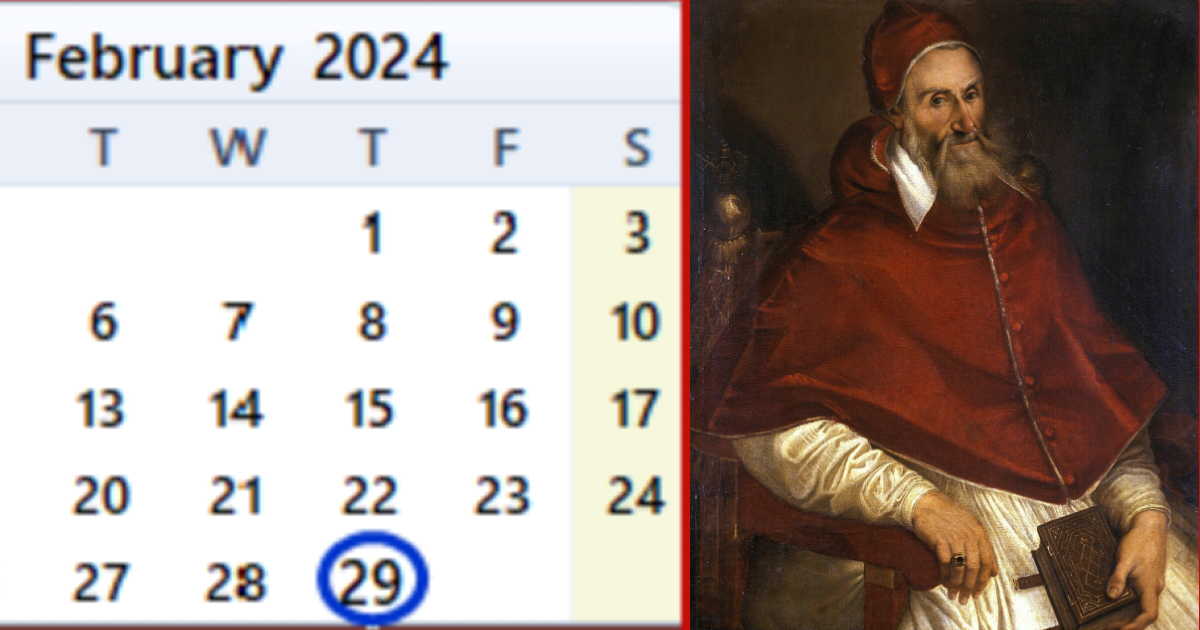There are several oddities about the calendar we use, and some of them – like Daylight Savings Time – cause us more annoyance than they probably should.
Leap Year is another one of those strange things that we think about when it affects us, and otherwise, it fades to the back of our mind.
Since it’s coming up, though, let’s talk about why it’s a thing at all.
2024 is a leap year, which means the calendar has 366 days instead of 365. In the Gregorian calendar, this happens every 4 years, and the “leap day” is always February 29th.


Leap years happen in every year that is divisible by 4, except for years that end in 00. More on that later.
They were named because starting March 1, each date “leaps” from where it was the year before.
Places that use different calendars, like the Hebrew calendar, Islamic calendar, Chinese calendar, and Ethiopian calendars all have versions of leap years, though they differ from how the Gregorian calendar handles them.
It might seem small, or like “leaping” is too silly to be important, but without them, the years would actually be pretty different at this point.
The reason is that the Gregorian calendar years are slightly shorter than a solar (tropical) year, which is the time it takes Earth to orbit the sun once.
Ie: calendar years are 365 days, but a solar orbit actually takes 365.24 days (365 days, 5 hours, 48 minutes, and 56 seconds).


If we didn’t account for those extra 5+ hours every year, the resulting time shift would eventually mean that summer would begin in December instead of June.
A leap day every four years accounts for that accumulated time.
Or, almost.
We actually gain more time than we need in this system, to the tune of an extra 44 minutes every four years, or a day every 129 years. So, we skip the leap year on a very specific timeline.
From Wikipedia:
The Gregorian calendar therefore omits three leap days every 400 years, which is the length of its leap cycle. This is done by omitting 29 February in the three century years (multiples of 100) that are not multiples of 400. The years 2000 and 2400 are leap years, but not 1700, 1800, 1900, 2100, 2200 and 2300.
It’s still not exact, but it’s close enough for government work.
Leap years technically began in 45 B.C. when Julius Caesar instituted the Julian calendar. It’s the basis of the calendar we still use today. It made sure the calendar synched up with Earth’s seasons.


In the mid-16th century, astronomers noticed the seasons were beginning 10 days earlier than expected, no longer lining up with the equinox or specific holidays.
That’s when Pope Gregory XIII introduced the Gregorian calendar in 1582. It wasn’t adopted into Protestant countries until the mid-18th century.
Eventually, though, we all got on the same page.
For maybe the first and last time.
Source: https://twistedsifter.com/2024/02/the-history-of-how-leap-years-came-to-be-and-why-we-skip-them-sometimes/
